Periodontitis, a common oral health issue, has long been associated with Type 2 Diabetes Mellitus (T2DM), posing significant challenges to patients’ overall well-being. While the use of mouthwash is known to combat periodontal pathogens, its impact on T2DM patients has remained uncertain.
However, a recent study has shed light on the promising benefits of mouthwash gargling for both oral and systemic conditions in individuals with T2DM.
Conducted over a comprehensive 12-month period, researchers investigated the effects of mouthwash gargling on the prevalence of red complex species – including Porphyromonas gingivalis, Treponema denticola, and Tannerella forsythia – and HbA1c levels among T2DM patients. Participants underwent two phases: six months of gargling with water, followed by another six months of using mouthwash containing chlorhexidine gluconate.
At each clinic visit, saliva samples were collected to detect the presence of red complex species via polymerase chain reaction (PCR) technique. Additionally, blood samples were analyzed to determine HbA1c levels.
The study revealed compelling outcomes. Notably, a significant reduction in the number of red complex species was observed, particularly among younger or male patients who gargled with mouthwash. Furthermore, there was a notable decrease in HbA1c levels, especially in younger patients or those with higher initial HbA1c levels, after incorporating mouthwash into their oral hygiene routine.
The findings underscore the potential of mouthwash in combating periodontal pathogens and improving glycemic control in T2DM patients. However, the study acknowledges certain limitations, including the inability to perform accurate quantification of bacteria and the challenges posed by the COVID-19 pandemic, which affected data collection and oral examinations.
In conclusion, this groundbreaking study highlights the significant role of mouthwash in enhancing oral health and managing glycemic levels in individuals with T2DM. The results suggest that regular gargling with mouthwash, particularly with chlorhexidine gluconate, can lead to a reduction in red complex species and potentially improve glycemic control, offering a simple yet effective self-care solution for patients. Further research is warranted to explore these findings comprehensively and address individual variations in response to mouthwash use.
These findings underscore the importance of recommending mouthwash as part of daily oral hygiene routines for patients with T2DM. Dentists are encouraged to educate their patients about the potential benefits of mouthwash in reducing periodontal pathogens and managing glycemic levels. Additionally, further research in this area could pave the way for innovative oral care strategies tailored to the specific needs of T2DM patients.
Reference: https://www.nature.com/articles/s41598-024-53213-x

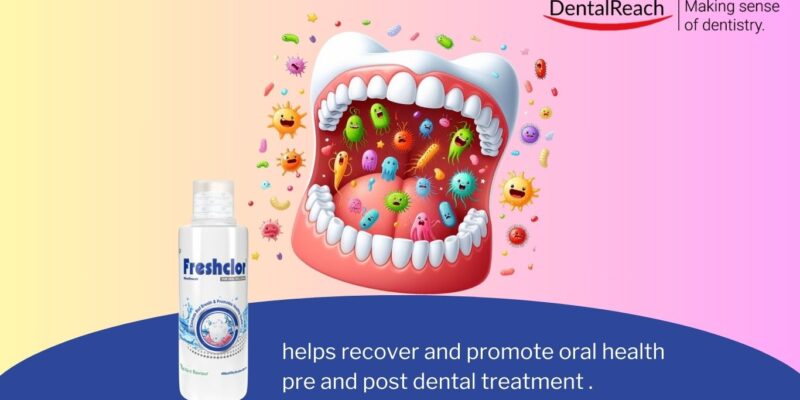



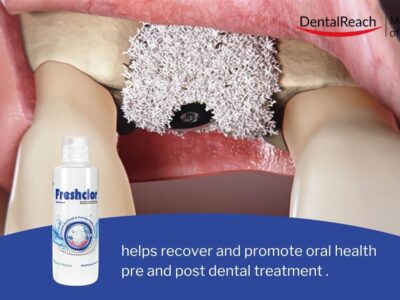
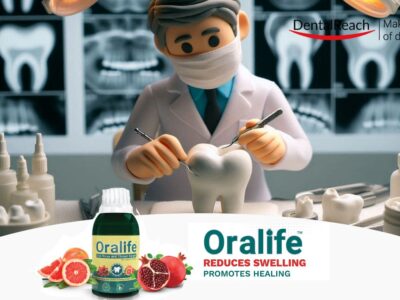
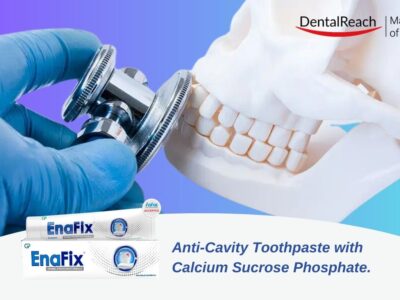
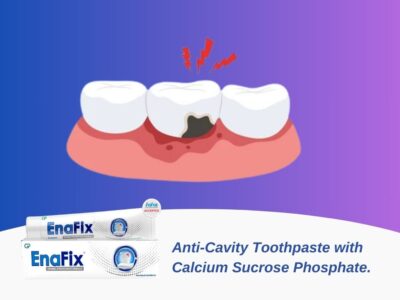
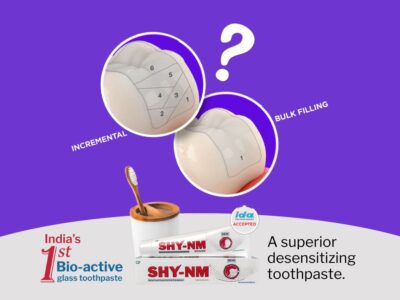
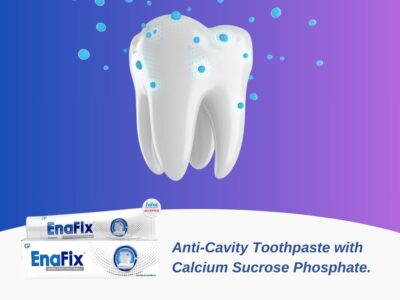








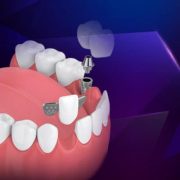
Comments